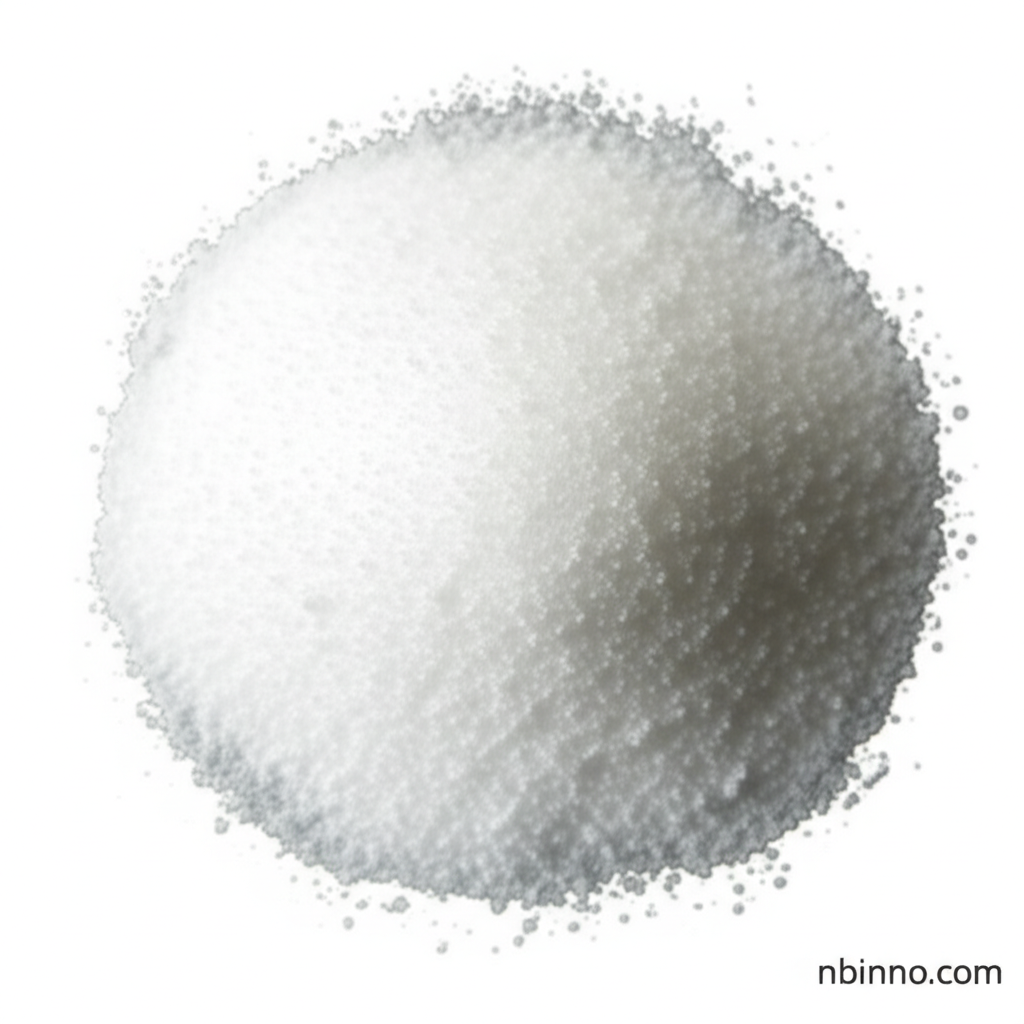Tiamulin: A Comprehensive Guide to its Properties, Applications, and Benefits
Discover the multifaceted capabilities of Tiamulin, a key antibiotic for veterinary health and scientific research.
Get a Quote & SampleProduct Core Value

Tiamulin
Tiamulin is a potent semi-synthetic antibiotic that plays a crucial role in combating various bacterial infections in animals. Its efficacy stems from its dual mechanism of action: interfering with bacterial cell wall component synthesis and inhibiting bacterial protein synthesis by targeting the 23S rRNA. This makes it a valuable tool for veterinary medicine and laboratory research.
- Explore the Tiamulin antibacterial mechanism in detail to understand its effectiveness against pathogens like Mycoplasma.
- Learn about Tiamulin veterinary applications and how it contributes to animal health management strategies.
- Investigate the Tiamulin protein synthesis inhibition, a key aspect of its therapeutic action.
- Discover Tiamulin research uses, aiding in the study of antibiotic resistance development and bacterial gene expression regulation.
Advantages Provided by the Product
Broad-Spectrum Efficacy
Tiamulin demonstrates remarkable effectiveness against a wide range of bacterial infections, including Mycoplasma, Pasteurella, and E. coli, making it a versatile solution for animal health.
Dual Mechanism of Action
Its ability to inhibit both bacterial cell wall component synthesis and protein synthesis ensures a robust approach to treating infections, a key aspect of the Tiamulin antibacterial mechanism.
Beyond Antibacterial Properties
Beyond its primary function, Tiamulin exhibits anti-inflammatory, anti-proliferative, and anti-cancer activities, broadening its potential research and therapeutic applications.
Key Applications
Veterinary Medicine
Tiamulin is widely used in veterinary medicine to treat bacterial infections in livestock, contributing significantly to animal health and productivity.
Laboratory Research
Its well-defined Tiamulin research uses make it an invaluable compound for studying antibiotic effects, resistance mechanisms, and bacterial physiology.
Disease Prevention
By controlling prevalent bacterial strains, Tiamulin plays a role in the prevention of diseases like Mycoplasma infections in poultry and swine dysentery.
Pharmacological Studies
The anti-inflammatory and anti-proliferative properties of Tiamulin open avenues for its study in various pharmacological contexts.
